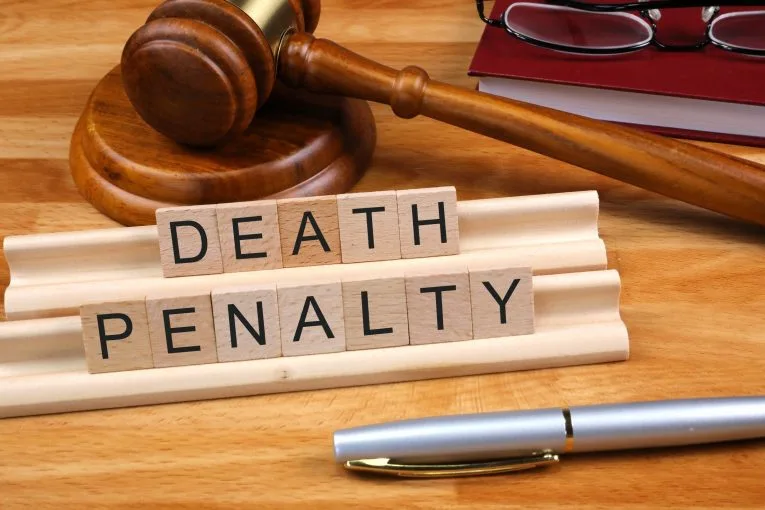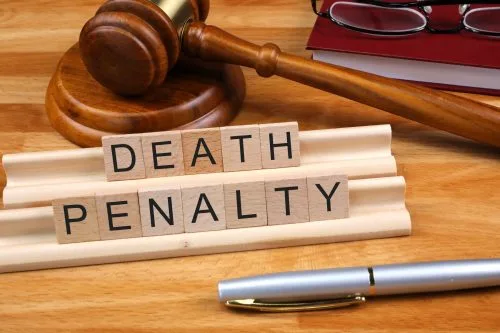


This work is licensed under a Creative Commons Attribution-ShareAlike 3.0 Unported License.
By Kristin Trent
BATON ROUGE, LA – The ACLU has authored a letter signed by 10 civil rights organizations encouraging Louisiana Pardon Board and Gov. John Bell Edwards to set clemency hearings for 55 people on death row in Louisiana, reducing their death penalty sentences to life in prison.
The Vanguard has reported that Edwards previously acted as a proponent of clemency hearings over the death penalty, urging the Pardon Board to reconsider the clemency petitions of 56 death row inmates in August.
The letter, written Sep. 25, said clemency as a way to remediate injustice that the court system has failed to do, calling it “a unique failsafe to address injustice and inequality.”
Citing the disproportionate level of capital punishment inflicted upon Black people in Louisiana fueled by racism, the ACLU writes, “Black people make up only one-third of the States’ population, yet account for over 67 percent of capital cases in the state.”
The death penalty in Louisiana has a history of being ubiquitously misused, the letter adds, noting, “Over the past 47 years, nearly 30 percent of people have been exonerated of the charges which put them on death row.”
Given the exploitative nature of the criminal justice system upon vulnerable groups, the letter questions the validity of the large number of death-row sentences brought upon individuals who possess an “intellectual disability or under the age of 25 at the time of the crime,” stating that “Black people disproportionately form the majority of both of these groups.”
Racism is cited as a key factor in the misuse of the civil justice system in the letter that explains, “Eight of the 11 innocent persons sentenced to death and subsequently exonerated in Louisiana have been Black.”
“The historic mass clemency petition highlights the systemic failures inherent in the death penalty: it is racist, it cannot protect the innocent, and it is applied against our most vulnerable neighbors, including people with intellectual disabilities, people with significant mental illness, and people who were themselves the victims of terrible physical and sexual abuse,” said Director of ACLU Capital Punishment Project Cassandra Stubbs.
Alanah Odoms, the executive director of the ACLU of Louisiana, commented, “If we are to move into a brighter, better future together, Louisiana must put this fundamentally cruel punishment, which brings neither safety nor justice for anyone, behind us.”
The letter said, “This legacy of racial discrimination can stop with you. You have the opportunity to remedy longstanding disparity – not just for the several Black petitioners who were sentenced by all -white or nearly all-white juries – but for all petitioners prosecuted through a racially tainted system.
“For as long as American states have had the death penalty, American governors have exercised the sacrosanct power of clemency to correct injustices the courts failed to address, and to extend mercy based on factors jurors never learned or appreciated. Clemency today remains the most powerful tool available to correct past injustices and ensure no one tomorrow is executed based on a system, built in a bygone era, which we now recognize to be broken, racist, and faulty.
“We therefore urge you to use this opportunity to act on all of these petitions from those on Louisiana’s death row to address the systemic racism and other issues which are pervasive in Louisiana’s use of the death penalty.”
The letter was authored by the ACLU and signed by Amnesty International USA, Color of Change, Death Penalty Action, The American Civil Liberties Union, The American Civil Liberties Union of Louisiana, The Faith Leaders of Color Coalition, The Justice Roundtable, The Prison Policy Initiative, and Vera Institute for Justice.

